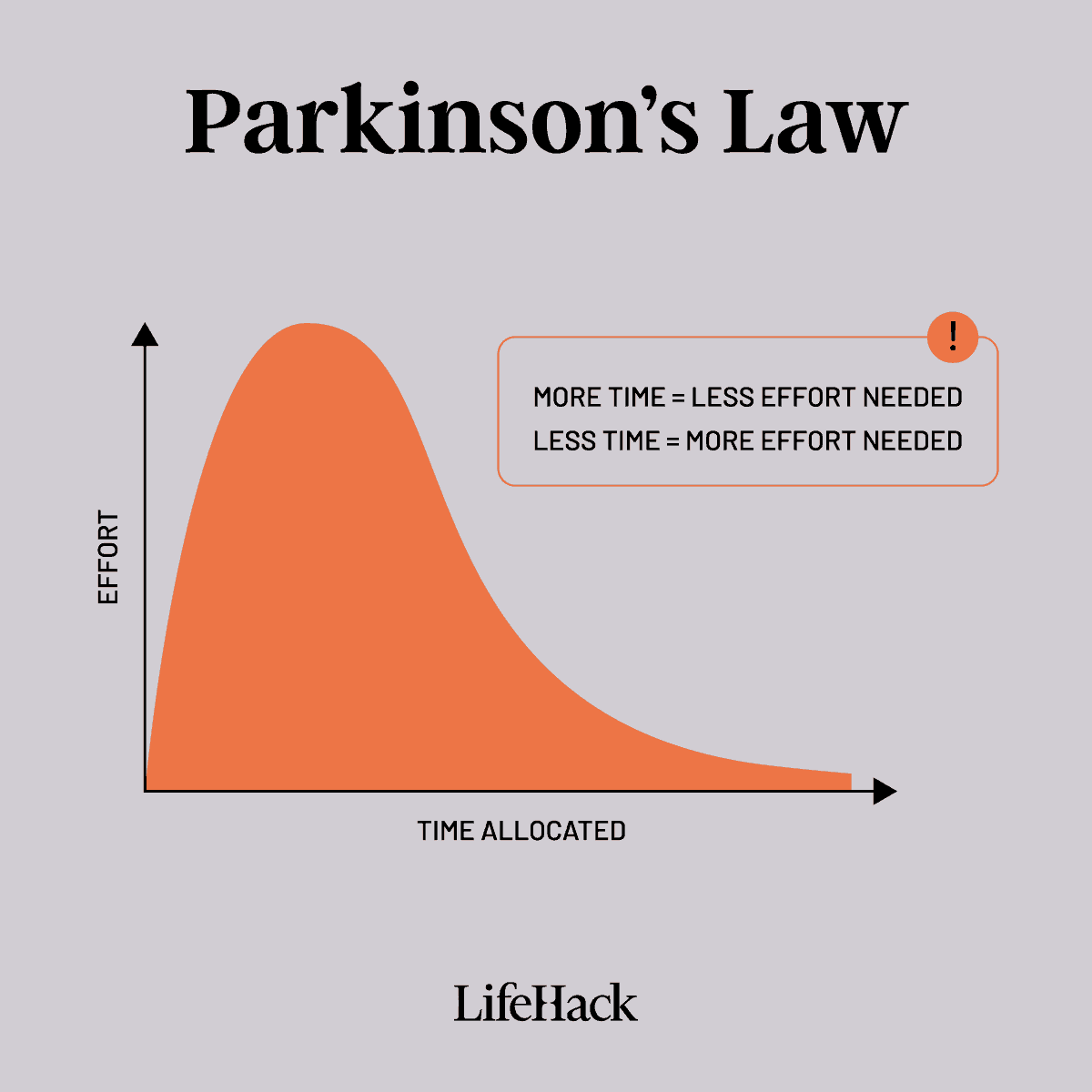Effective Goal Setting
Why Goals Fail
Perhaps the main reason that most people set goals they never actually come anywhere close to hitting, is because they treat goals as arbitrary targets – ones that you can just casually set up, alter, and discard.
It is this precise lack of seriousness about goal setting that creates the epidemic of failed New Year’s resolutions. When you set arbitrary goals, it doesn’t actually matter whether you hit them or not. It’s not like they carry much weight to begin with. And that’s why we keep failing. Over and over again.
Grounding Principles
Before we can even dive into the features of effective goals, the first and most foundational principle is this – your goals need to carry weight. They can’t be something you see as just a hopeful target. The more tolerable failure is, the more imminent your failure becomes.
So, when setting goals, don’t take them trivially. Because in life, you often get what you settle for. Those who tolerate setting and discarding goals will continue to find themselves trapped in that perpetual cycle until the pain of staying the same outweighs the pain of change.
Key #1: Make it Specific
You won’t hit a goal you can’t define. But that’s also precisely why we don’t like to be hyper-specific with the goals we set – because we won’t feel like we failed either, so long as the goal remains vague.
But if you’re actually serious about setting a goal, being specific is key. If you don’t define your conditions for failure, you make falling short all too acceptable. That practically writes a self-fulfilling prophecy towards it.
Furthermore, being specific with your goals allows you to measure up your current progress against your desired target. Again, an often-freightening wake-up call that most would rather avoid.
So if you’re willing to actually make real change:
Don’t say:
“My goal is to lose weight”
“My goal is to make more money”
“My goal is to spend less”
Instead, say:
“My goal is to lose 10 kg”
“My goal is to earn 15% more than last year”
“My goal is to cut my discretionary spending by 30%”
Make the hard decision to put a number next to your goal. Accountability is key.
Key #2: Schedule It
Most people have become accustomed to hating the idea of deadlines.
They associate it with stress, chaos, and emotional overload. So, the natural instinct is to stray as far away from deadlines as possible in our personal lives. But when has the cure to one extreme ever been the other?
Think what you want of deadlines, but few would deny that they do in fact work. And when you’re setting a deadline for your own goals, it’s not some meaningless rush to satisfy the bosses’ or clients’ demands, but your own. The urgency is self-imposed, and with the reward of achieving your aspirations at the end of the rainbow. That’s why there’s no reason to dread or dislike deadlines that you set for your own goals.
Parkinson’s Law states that work expands to fill the time allocated for its completion.
If the deadline is in a month, a task that can be done in a week will be procrastinated until the end of the month. It’s just the imperfect nature of us humans to not prioritise things that aren’t urgent.
That’s why the onus is on us to spark our own sense of urgency. If you take hitting your goals seriously, then the deadline associated with it will also have as much gravity.

Key #3: Make it Systematic
“We don’t rise to the level of our goals, we fall to the level of our systems.”
~ James Clear
Perhaps the biggest myth about personal growth and achieving success is the idea that it’s all about sheer willpower and mental strength.
It really isn’t. In fact, most progress comes from the countless tiny actions that we take on a daily basis – our habits and routines. These are the actions whose effects compound over and over and over again. And these are the ones we need to get right first.
That’s why establishing system is so critical. For instance, if your goal is to save money, why not set up an auto-transfer from your everyday checking account into your savings account on the days you receive your salary? If your goal is to exercise more, why not sign up and pay in advance for fitness classes so that you feel inclined to show up and get your money’s worth?
See, there isn’t always a need for sheer discipline. Not when you can find ways to get the job done more seamlessly and effectively. Look at your goal and think about what systems you can put in place to ensure that you consistently make progress. Because we all know that, as long as you’re consistently taking the right actions, the result takes care of itself.
Leverage the power of systems to focus on your inputs, not your outputs.
